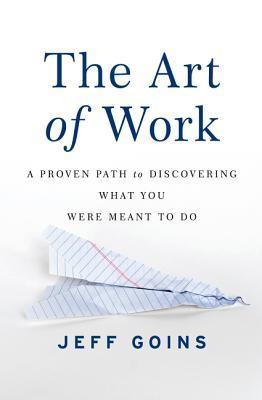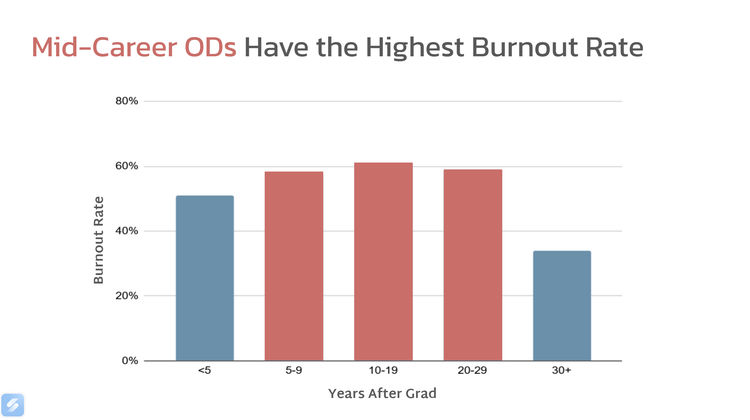Find Your Work Calling Pt. 1

"I just knew."
This is what people commonly say when asked about love.
But this isn't the full story.
In Art of Work, Jeff Goins compares finding romantic love to finding work calling:
"Sure, falling in love may be a mysterious process, but it is also an intentional one. He asked you out, you said yes, you kissed, and you decided to see each other exclusively. There is a process.
No one is going to give you a map (to your calling). Explore, try new things, keep your feet moving. Something will grab you.
It is no different than falling in love. You can't sit on your couch and decide you are going to marry a certain girl.
Finding your calling is not a magical epiphany. It's more like a series of intentional steps.
This article defines work calling, why you should care, and how you can find it.
Don't Have a Calling? You're Not Alone!
Chris Hadfield, a Canadian astronaut, watched the Apollo 11 moon landing and immediately knew he wanted to become an astronaut. He then spent decades to reach that dream.
Unfortunately, most of us don't have a clear roadmap to our calling.
A 2015 University of Michigan study, published in Personality and Social Psychology Bulletin, found that most adults aren’t in jobs related to their childhood passions.
So why should you care about finding a calling?
Because it’s the pinnacle of job happiness (check out my article on the pyramid of needs). We want to:
- Make a difference
- Add meaning to our lives
- Be fulfilled and happy
What Is a Calling, Exactly?
After reading through the literature, here’s my simple definition:
Calling: a deep passion that also helps others.
Let's break that down:
- Deep passion is important because you tap into flow states. The work becomes intrinsically enjoyable. You’ll stick with it even when it’s hard, and push yourself when you don’t feel like it.
- Helping others is equally critical. Deep passion without helping others is just a serious hobby. When your work improves lives (even in small ways), it gives you profound fulfillment and happiness.
- For instance, palliative care nurses report higher job satisfaction and lower burnout rates because they feel they’re making a real difference.
Here's a quick comparison:

Finding your life’s purpose sounds intimidating. But here’s the thing:
It doesn’t have to be grand.
As Jeff Goins says, "even a well-tended garden can bring smiles to those who walk past it."
In addition, your calling is not set in stone – it might change with time, or you might discover a new one later.
How Do You Find Your Calling?
For a lucky few, their calling finds them.
Childhood passion for animals? → Veterinarian
Inspired by the moon landing? → Astronaut
But for most of us, we have to find it ourselves.
How?
By exploring your deep passions – and seeing how they can help others.
Action Brings Clarity
Finding your calling is a series of creative exploration, setbacks, and discovery.
In short, action brings clarity.
Take Bill Gates, for example.
At first, he simply loved coding. Over time, he found what energized him and how it could help others. Eventually, he discovered his calling:
“A computer on every desk and in every home.”

Your calling often isn’t something you “just know.”
It’s something you uncover through doing.
Coming Up: Part 2
In Part 2, we’ll walk through practical steps to get started.
We'll discuss how to explore your interests, test ideas, and take small steps towards your calling.
⭐ I love sharing ideas about work-life happiness. Let's connect! ⭐
Resources







Member discussion